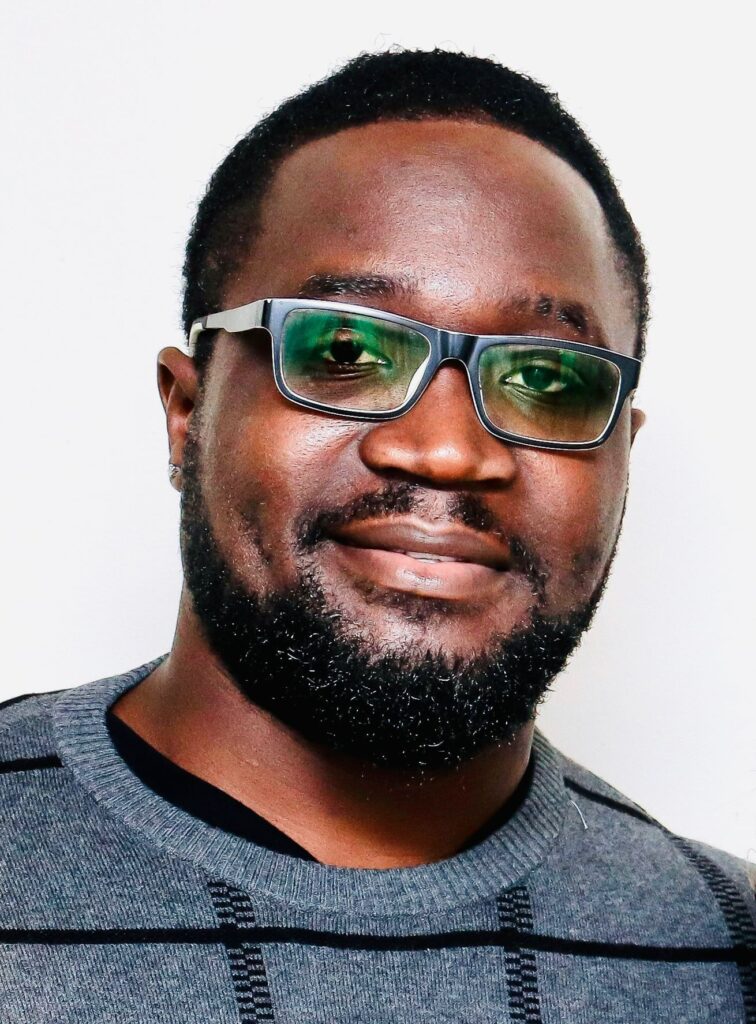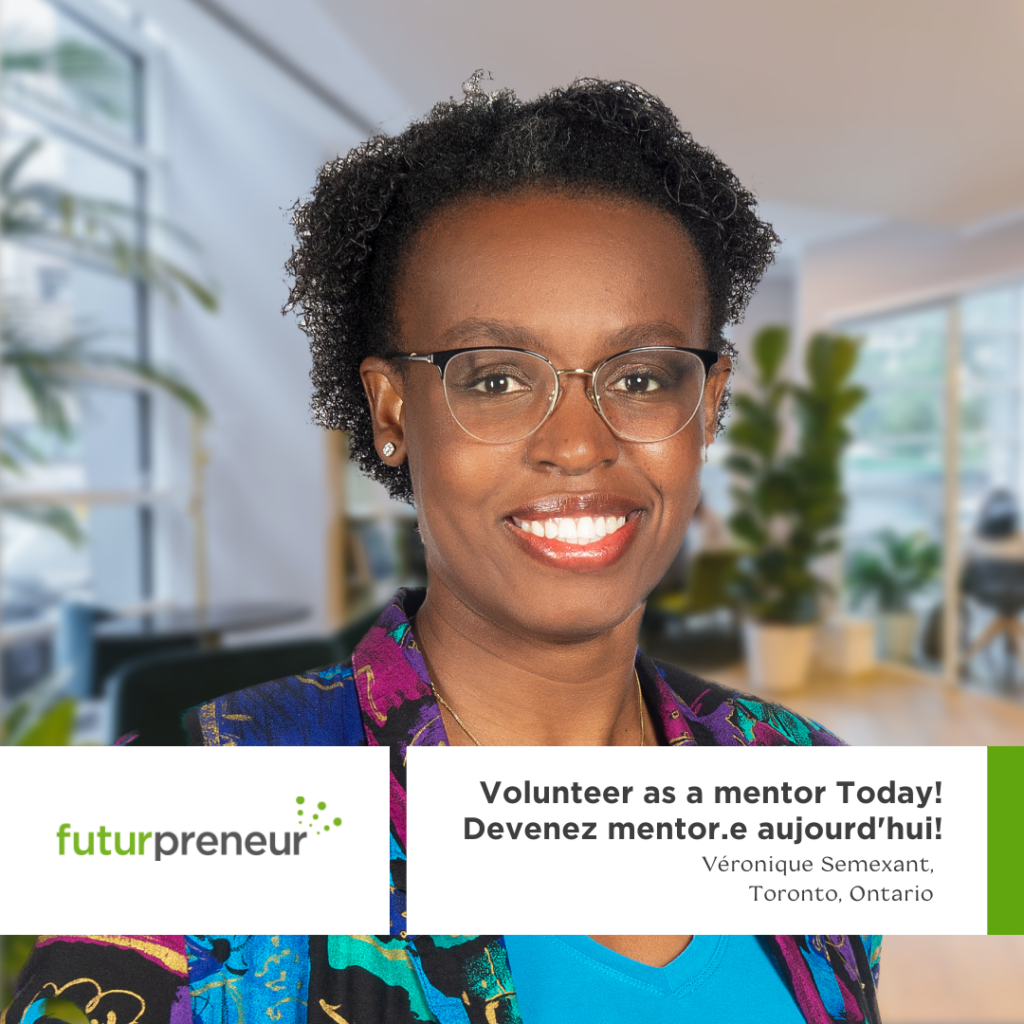
- Mentoring
Glenn Nishimura: A Mentor who Knows the Value of Investing in People
We had the chance to chat with Glenn Nishimura, Principal and Chief People Strategist at Nishimura Consulting. As an HR professional with almost 15 years of experience, Glenn has worked with a mix of both big corporate and small to mid-sized entrepreneurial companies. He is also dedicated to giving back to the start-up community and is currently mentoring three entrepreneurs!
In the following interview, Glenn shares some insight into what makes a successful mentoring relationship – for both the mentor and the mentee.
Tell us a bit about your experience working with entrepreneurs at Nishimura Consulting.
I’ve been very fortunate to have experienced first-hand how great companies can be born from great leaders, great employees and great cultures. But I’ve also experienced how mediocrity and ignorance can handicap companies from achieving greatness. That’s part of the reason why I decided to start my own practice working with entrepreneurs – people and culture are often underestimated, overlooked or inconsistent.
I now work with many fantastic entrepreneurs across North America, and recently began working with companies in Europe as well. It seems people problems have no geographic boundaries. But my most meaningful work is in preventative education – especially helping young entrepreneurs to avoid those people and culture problems from forming in the first place. I once spent 15 months with an entrepreneur trying to overhaul a really toxic culture of only 12 people. It was expensive, it was exhausting and it nearly ripped his company apart from the inside out. We managed to turn it around, but only after he learned some hard lessons. I don’t want to see any young entrepreneur go through something like that.
How does mentoring fit into your work life?
Mentoring is without a doubt one of the most rewarding parts of my professional life. I’ve always felt a strong connection to building things, and the satisfaction and pride you feel while doing it. Sharing in the excitement and feeding off their drive is why I enjoy it so much! I mentor three entrepreneurs right now, and have been doing that for a little over a year now. It can be a lot to juggle sometimes but it’s really important work for me. Helping them to get the people and culture part of the equation right at the very beginning is so critical to their growth and success.
Tell us a bit about why mentoring has been so rewarding.
I really believe that the richest mentoring experience happens when the mentor learns as much as the mentee! All of my mentees are smart and dedicated people with a fire in their gut. That inspires me every day. Sometimes I finish a call and wonder who was actually mentoring whom!
What are some of the lessons you’ve learned from your mentees?
That passion isn’t synonymous with enthusiasm. We see those terms used interchangeably quite often, but they’ve shown me that passion is different. My mentees demonstrate over and over again that each time they feel disheartened, each time they face challenges, and each time they get knocked down, they get right back up again. That’s passion at work. Enthusiasm can wane, but passion doesn’t.
On the flip side, what have you found to be the most challenging part of the mentoring relationship?
In the beginning it can be hard to find a rhythm. And when the relationship becomes more established, sometimes life gets in the way and you lose a bit of momentum. Momentum is so important to keep up. It feels like the wind is at your back when you have it and in your face when you don’t. When you feel that you’re losing momentum it’s vital to reverse it as quickly as possible before you lose it entirely. Time is the only commodity you can’t get back, and when you’re building a business you can’t afford to speed up and slow down repeatedly.
Do you have a mentor, or have you had a mentor before?
When I worked at TD Bank, my boss (the best one I’ve ever had) had mentoring in her blood. She never ‘managed’ her direct reports, she mentored them. And she made it look easy. Mentoring was built into the overall culture there, and I learned lessons around leadership practices that I applied to my reporting relationships and to my mentees today.
In your opinion, what makes a good mentor?
Empathy and humility. As I mentioned earlier, learning shouldn’t be unidirectional, and a good mentor must be grateful and open to receiving gifts of inspiration and knowledge from anyone, anywhere, at any time. Mentors may have succeeded and failed more times than the mentee has even tried, but that doesn’t mean there’s nothing left to learn.
And for you, what makes a good mentee?
Someone with a clear and honest sense of themselves and their values. I believe this is an essential part of being able to navigate the entrepreneurial experience. Mentors are there to assist, advise and challenge them, but it’s a mentee’s sense of self that acts as the ultimate guide. A good mentee will seek input from mentors, but only follow what advice they feel is in alignment with who they are and what they want to achieve.
What does a successful mentoring relationship look like to you?
It’s one where the foundation is built on respect and trust. That can sometimes take time to develop. Without them, the relationship is very transactional, lacks meaning, and never really grows. It feels like you’re trying to fill a cup with a hole in the bottom.
Finally, what advice do you have for people who are embarking on a mentoring relationship for the first time?
Show up. Not just in the sense of talking or meeting at appointed times, but coming into the relationship fully present. Demonstrate courage and conviction in not just what you say and do, but also what you don’t say and don’t do. And hold yourself to account first – no one can do that better than you. And finally, embrace the discomfort of being pulled out of your comfort zone – it’s the only real way to grow.
About Glenn Nishimura
Glenn Nishimura is the Principal and Chief People Strategist at Nishimura Consulting, based in Toronto. He helps entrepreneurs, startups and small business owners across North America & Europe to build strong company cultures and smart people practices. You can connect with Glenn at glenn@nishimuraconsulting.ca or follow him on Twitter (@NishiHR).
His new online course for entrepreneurs, “Build Your Dream Company with a Kick-Ass Culture” is available now on Udemy.com. Visit http://bit.ly/1It2Ipb to receive special Futurpreneur pricing of only $29 US until August 8th, or while supplies last.
Do you think your experience and expertise can help young entrepreneurs? Become a mentor at Futurpreneur Canada!
Written By: Meghan Paton, Public Relations & Social Media Manager, Futurpreneur Canada





